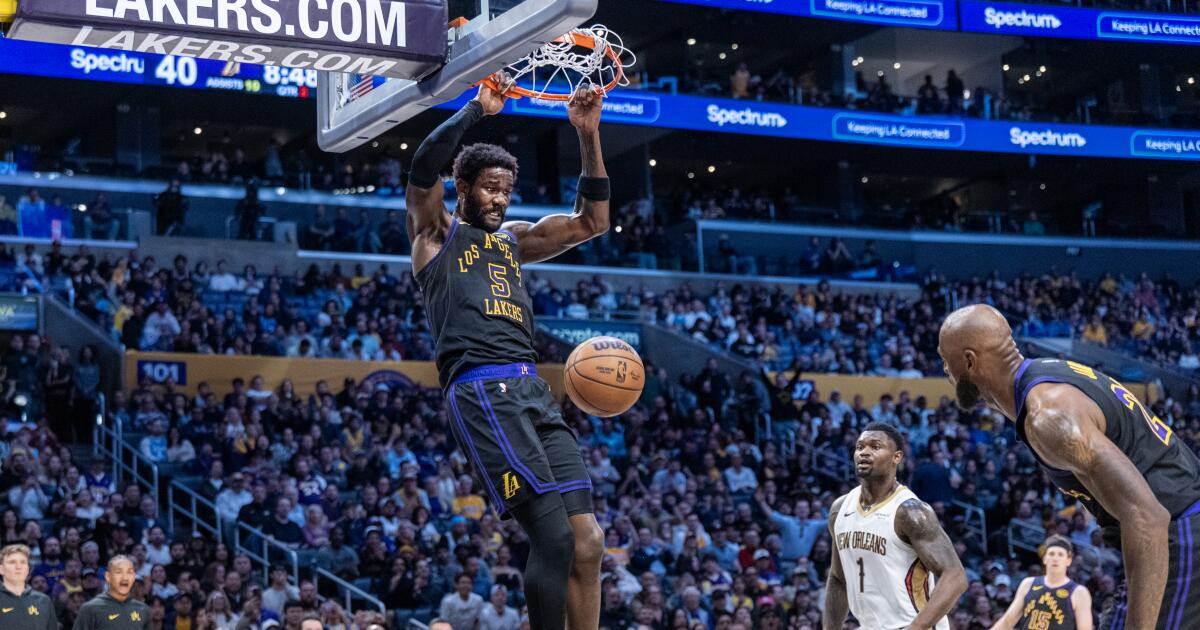Attorneys for Taberon Honie will begin to make their case Monday morning for why the parole board should spare the death row inmate’s life. This is one of Honie’s last chances to try to stop his execution, which is scheduled for Aug. 8.
A commutation hearing is rare in Utah. The last time that the parole board held this type of hearing was in 2010, when Ronnie Lee Gardner asked them to spare his life. The board denied his request, and he was killed by firing squad three days later.
Honie’s hearing is scheduled from 8 a.m. to 5 p.m. on Monday and Tuesday. If more time is needed, the hearing will continue on Wednesday until noon. The parole board is livestreaming the hearing, and it can be watched here.
It’s expected that his attorneys will present evidence and witnesses who will share details about Honie’s traumatic childhood growing up on a Hopi reservation — which he said contributed to his alcohol and drug abuse at an early age.
These experiences, along with a number of head injuries he received as a child, had a “synergistic effect” with his “extreme intoxication” on the July night in 1998 when he killed his ex-girlfriend’s mother, his attorneys argue in his commutation petition.
The Utah attorney general’s office has indicated that it doesn’t plan to call any witnesses during the hearing, but will rely on exhibits related to the murder investigation and Honie’s subsequent court proceedings. They have argued in response to the commutation petition that Honie committed a heinous crime and doesn’t deserve the parole board’s mercy.
In July 1998, Honie called his ex-girlfriend and demanded she visit him, threatening to kill her family if she refused. Later that evening, sometime before midnight, Honie took a cab to the house of Claudia Benn, his ex-girlfriend’s mother. After breaking into her home, Honie beat and bit Benn, slashed her throat, stabbed her genitals multiple times, and had prepared to have anal sex with her before realizing she had died. He killed Benn in front of several children, including one whom he also sexually assaulted that same evening.
Honie’s hearing is expected to continue through this week, and the parole board will later announce if they will grant him clemency. The board has said that it will be able to make its decision prior to the scheduled Aug. 8 execution.














































